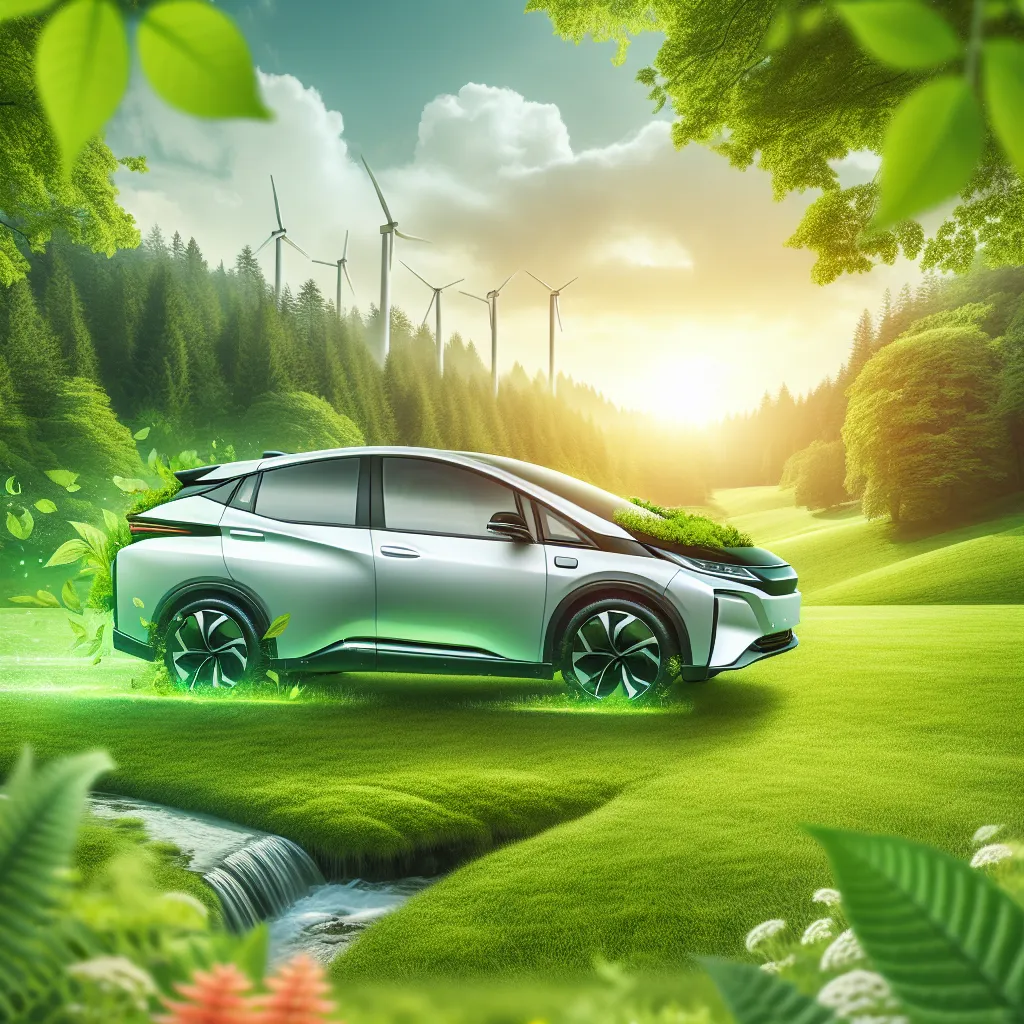Reduced Emissions and Air Pollution: The Environmental Benefits of Hybrid Cars
The impact of hybrid cars on the environment is significant, particularly in terms of reduced emissions and air pollution. One of the key environmental benefits of hybrid cars is their lower emissions compared to traditional gasoline-powered vehicles. By combining an electric motor with a gasoline engine, hybrid cars are able to significantly reduce the amount of harmful pollutants released into the air. This reduction in emissions is primarily attributed to the fact that hybrid cars can operate on electric power at lower speeds, minimizing the use of the gasoline engine and thus lowering overall emissions.
Furthermore, the regenerative braking system in hybrid cars allows them to capture and store energy that is normally lost as heat during braking. This feature not only improves fuel efficiency but also reduces the amount of air pollution generated from traditional braking systems. The overall result is a substantial decrease in the emission of harmful gases such as carbon dioxide, nitrogen oxides, and particulate matter, which are known to contribute to air pollution and have detrimental effects on human health and the environment.
Studies have indicated that widespread adoption of hybrid cars could lead to a noticeable improvement in urban air quality, particularly in densely populated areas where traffic congestion is a significant issue. As a result, the environmental benefits of reduced emissions and air pollution from hybrid cars are clear, making them an important contributing factor in the global efforts to mitigate climate change and improve overall air quality.
Energy Efficiency and Conservation: How Hybrid Cars Are Helping the Environment
Hybrid cars have been gaining popularity in recent years due to their positive impact on the environment, particularly in terms of energy efficiency and conservation. These vehicles are designed to utilize two sources of power – an internal combustion engine and an electric motor, which work together to reduce fuel consumption and emissions. This technology allows hybrid cars to achieve significantly higher fuel efficiency compared to traditional gasoline-powered vehicles, resulting in reduced greenhouse gas emissions and less reliance on fossil fuels.
One of the key ways in which hybrid cars contribute to energy efficiency is through regenerative braking. This innovative technology allows the electric motor to act as a generator, converting the kinetic energy produced during braking into electricity to recharge the vehicle’s battery. As a result, hybrid cars are able to capture and reuse energy that would otherwise be wasted in conventional vehicles, further improving their overall efficiency.
Furthermore, the integration of advanced materials and aerodynamic designs in hybrid vehicles contributes to their improved energy conservation. Lightweight materials help reduce the overall energy required to propel the vehicle, while streamlined shapes minimize air resistance, allowing for smoother movement and increased fuel economy.
Overall, the emergence of hybrid cars represents a significant step forward in promoting energy efficiency and conservation. By embracing these advanced technologies, drivers can actively contribute to reducing their carbon footprint and mitigating the environmental impact of transportation.
The Future of Transportation: Exploring the Environmental Impact of Hybrid Cars
The future of transportation is gradually shifting towards more sustainable and eco-friendly options, with hybrid cars at the forefront of this transformation. These vehicles, powered by a combination of traditional combustion engines and electric motors, have a significantly lower environmental impact compared to their solely gasoline-powered counterparts.
One of the key advantages of hybrid cars is their reduced greenhouse gas emissions. By utilizing electric power for low-speed driving and relying on the gasoline engine only when necessary, hybrid cars are able to significantly decrease the amount of harmful emissions released into the atmosphere. This helps in mitigating air pollution and its associated negative effects on public health and the environment.
Additionally, the implementation of regenerative braking systems in hybrid cars allows them to capture and store energy that is typically lost during braking. This innovative technology not only improves fuel efficiency but also contributes to a decrease in overall energy consumption. As a result, hybrid cars are able to lessen their environmental footprint by conserving resources and reducing the demand for fossil fuels.
Furthermore, the ongoing development of hybrid technology is driving continuous improvements in energy storage and efficiency. This translates to an increasingly positive outlook for the environmental impact of hybrid cars, as advancements in battery technology and lightweight materials further enhance their eco-friendly attributes.
In conclusion, hybrid cars are poised to play a crucial role in shaping the future of transportation, offering a sustainable alternative with significant environmental benefits. As the automotive industry continues to innovate and invest in eco-conscious solutions, the widespread adoption of hybrid cars holds great promise for reducing the environmental impact of personal transportation.
Remember, the automobiles collectively have a substantial impact on the environment and especially on the quality of the air we breathe. Hybrid cars offer a viable pathway towards a more sustainable and environmentally responsible future.

